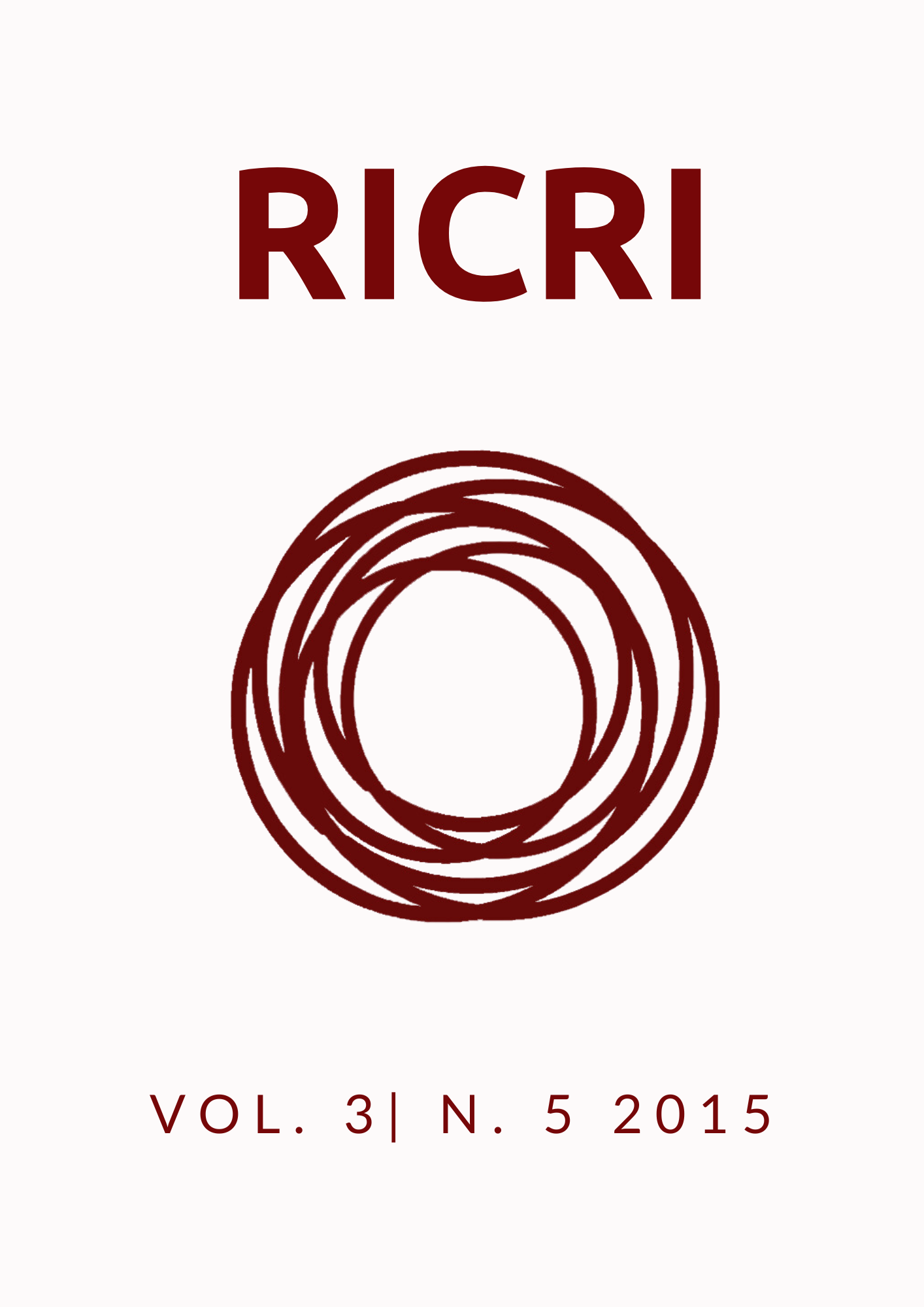O Rogue State na Política Externa dos EUA: a construção de uma ameaça (1987-2002)
Abstract
O objetivo do trabalho é analisar a construção da categoria rogue state dentro da Política Externa dos Estados Unidos, no período de 1987-2002. Os objetivos específicos são (i) contextualizar o surgimento dessa categoria; (ii) determinar o que são a Doutrina e Fórmula Rogue e (iii) verificar quais países foram considerados rogue states. Esse trabalho entende que um discurso centrado no binômio amigo/inimigo foi construído para legitimar uma classificação estatal específica. Esse binômio deu suporte à Doutrina e à Fórmula rogue, uma doutrina de segurança que classifica os Estados desde uma noção de “comportamento militar agressivo e irracional”. Da análise do discurso dos relatórios U.S National Security Strategy verificou-se que a partir de 1987 e, enfaticamente, entre 1993 e 2002, o discurso sobre os rogue states foi utilizado de forma alinhada aos interesses vitais dos EUA.
Downloads
References
CAPRIOLI, Mary; TRUMBORE, Peter. “Rhetoric versus Reality: Rogue States in Interstate Conflict”. The Journal of Conflict Resolution, vol. 49, nº. 5, p. 770-791. 2005. Disponível em: 21 Acesso em: 30/05/ 2012
______. “Human Rights Rogues – aggressive, dangerous, or both?” In: ROTBERG, Robert (org.) Worst by Worst: dealing with repressive and rogue nations, 2007.
ELAND, Ivan e LEE, Daniel. “The Rogue State Doctrine and National Missile Defense”. Foreign Policy Briefing, nº 65, 2001. Disponível em: <http://www.cato.org/sites/cato.org/files/pubs/pdf/fpb65.pdf> Acesso em: 05/02/2012
ESTADOS UNIDOS. U.S. National Security Strategy. 1987. Disponível em: <http://nssarchive.us/> Acesso em: 02/02/2012
______. U.S. National Security Strategy. 1988. Disponível em: <http://nssarchive.us/> Acesso em: 02/02/2012
______. U.S. National Security Strategy. 1990. Disponível em: <http://nssarchive.us/> Acesso em: 02/02/2012
______. U.S. National Security Strategy. 1991. Disponível em: <http://nssarchive.us/> Acesso em: 02/02/2012
______. U.S. National Security Strategy. 1993. Disponível em: <http://nssarchive.us/> Acesso em: 02/02/2012
______. U.S. National Security Strategy. 1994. Disponível em: <http://nssarchive.us/> Acesso em: 02/02/2012
______. U.S. National Security Strategy. 1995. Disponível em: <http://nssarchive.us/> Acesso em: 02/02/2012
______. U.S. National Security Strategy. 1996. Disponível em: <http://nssarchive.us/> Acesso em: 02/02/2012
______. U.S. National Security Strategy. 1997. Disponível em: <http://nssarchive.us/> Acesso em: 02/02/2012
______. U.S. National Security Strategy. 1998. Disponível em: <http://nssarchive.us/> Acesso em: 02/02/2012
______. U.S. National Security Strategy. 2002. Disponível em: <http://nssarchive.us/> Acesso em: 02/02/2012
HENRIKSEN, Thomas. “The Rise and Decline of Rogue States”. Journal of International Affairs, vol. 54, nº2. 2001. Disponível em: <http://sipa.columbia.edu/PUBS/JOURNAL/pdf/henriksen_rogues.pdf> Acesso em: 08/04/2012
HOYT, Paul. “Rogue States and International Relations Theory”. The Journal of Conflict Studies. 2000. Disponível em: www.lib.unb.ca/Texts/JCS/Fall00/contents.htm Acesso em: 15/04/2011
KIM, Sang Joon. “The Validity of Rogue States Politics”. Journal of Politics & International Affairs. Disponível em: <http://www.nyu.edu/clubs/jpia.club/PDF/Spring2008_Kim.pdf> Acesso em: 07/11/2012
ROTBERG, Robert. “Failed States, Collapsed States, Weak States”: causes and indicators. In: State Failure and State Weakness in a Time of Terror. 2003. Disponível em: <http://wilsoncenter.net/sites/default/files/Failed%20States,%20Collapsed%20States,%20Weak%20States-%20Causes%20and%20Indicators.pdf.> Acesso em: 11/10/2011
ROTBERG, Robert.Repressive, “Aggressive, and Rogue Nation-States: how odious, how dangerous”. In. Worst of the Worst: dealing with repressive and rogue nations, 2007.
ROELE, Isabel. “We Have Not Seen the Last of the Rogue State”. German Law Jounal, vol. 13, nº5, 2012. Disponível em: <http://www.germanlawjournal.com/pdfs/Vol13-No5/PDF_Vol_13_No_05_560-578_Articles_Roele.pdf> Acesso em:25/03/2013
RUBIN, Barry. “U.S. Foreign Policy and Rogue States”. Middle East Review of International Affairs, vol. 3, nº3, 1999. Disponível em: <http://meria.idc.ac.il/journal/1999/issue3/jv3n3a7.html>
SAUNDERS, Elizabeth. “Setting Boundaries: can international society exclude rogue states”. International Studies Review, vol. 8, nº1, p. 23-53, 2006. Disponível em: <http://www.jstor.org/stable/3699734> Acesso em: 31/05/2012
Downloads
Published
How to Cite
Issue
Section
License
Authors who publish with this journal agree to the following terms:
a. Authors retain copyright and grant the journal right of first publication with the work simultaneously licensed under a Creative Commons Attribution License that allows for sharing of work with acknowledgment of its initial publication in this journal.
b. Authors are able to take on additional contracts separately for non-exclusive distribution of the version of the work published in this journal (e.g., post it to an institutional repository or as a book), with an acknowledgment of its initial publication in this journal.
c. Authors are permitted and encouraged to post their work online ( eg, in institutional repositories or on their website) at any point before or during the submission process, as it can lead to productive exchanges , as well as increase the impact and citation of published work ( See the Effect of Open Access).




